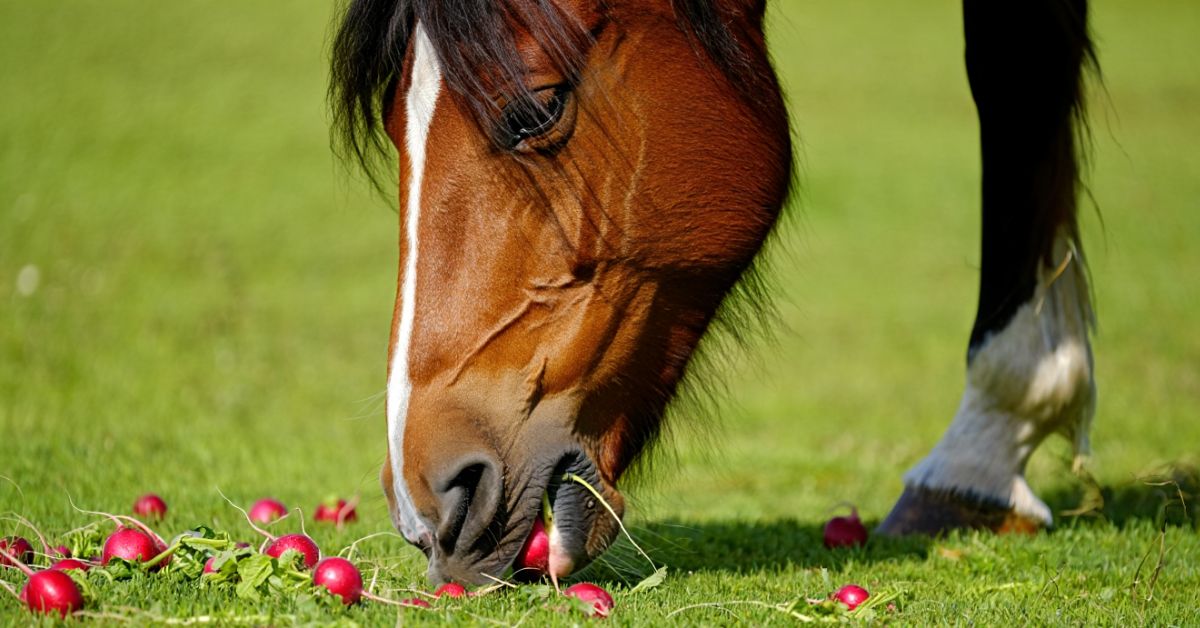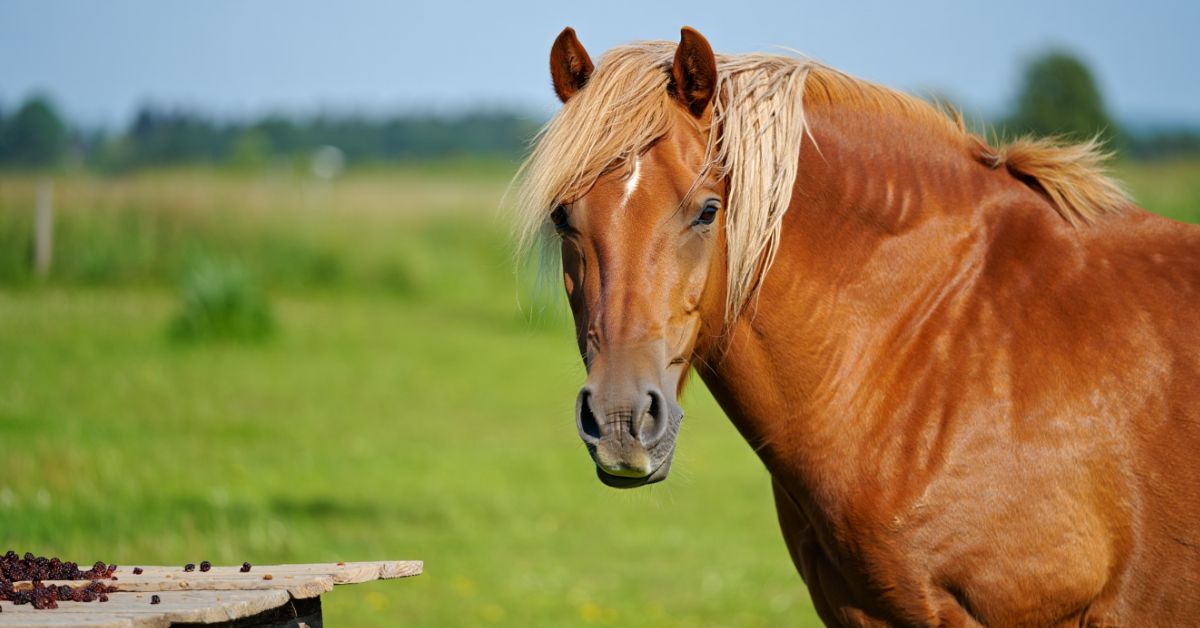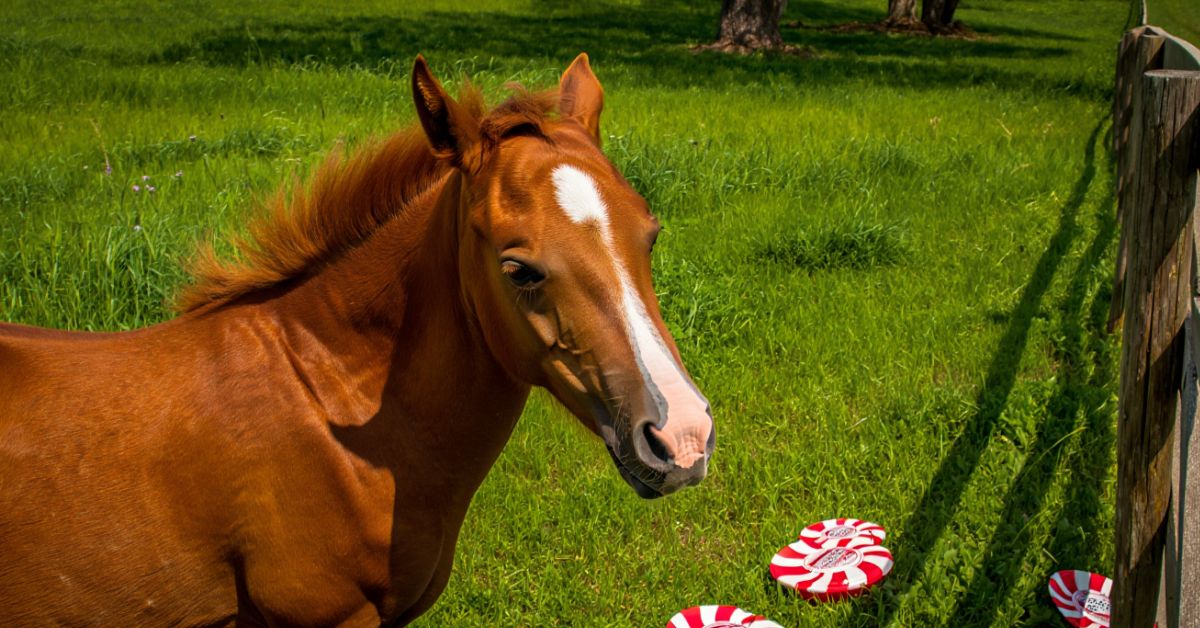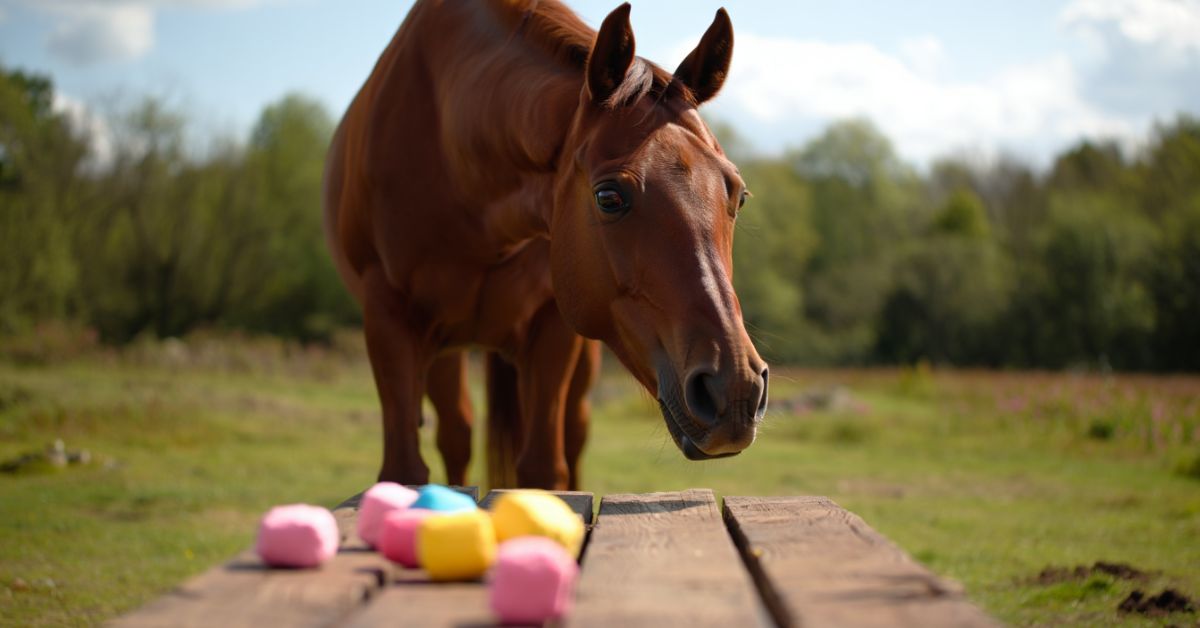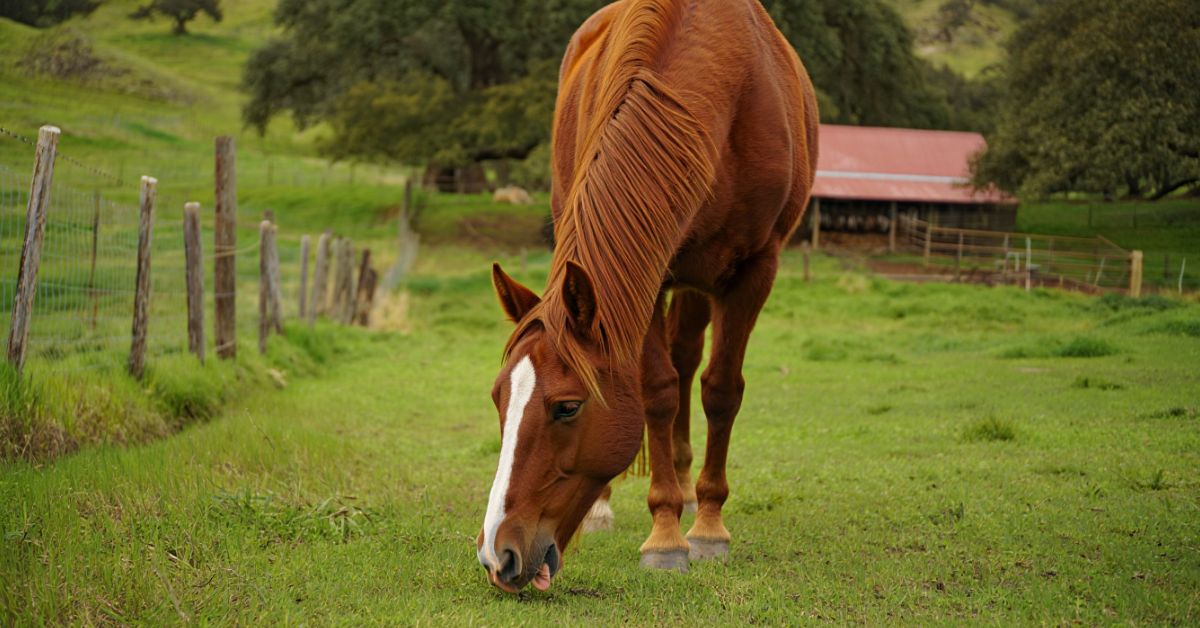
How Often Do You Deworm a Horse: The Complete Strategic Deworming Guide
As a passionate horse owner, you've probably wondered how often do you deworm a horse to keep your beloved companion healthy and thriving. The traditional approach of deworming every 6-8 weeks is outdated and potentially harmful. Modern equine parasite control focuses on strategic deworming based on individual horse needs rather than blanket treatments. Today's veterinarians recommend targeted deworming using fecal egg count (FEC) testing to determine when your horse actually needs treatment. This personalized approach not only protects your horse's health but also helps prevent dewormer resistance - a growing concern in the equine world. By understanding your horse's unique parasite load and implementing a science-based horse deworming schedule, you're taking the most effective step toward ensuring your equine partner lives a long, healthy life while expressing their natural beauty and spirit.
Understanding Modern Horse Deworming: Beyond the Old Rules
Gone are the days when how often to deworm a horse had a simple, one-size-fits-all answer. The horse world has evolved, and so has our understanding of equine parasite control. Just like how each horse has their own personality - some are spirited jumpers while others are gentle trail companions - each horse also has their own unique parasite situation.
The old method of deworming every horse every 6-8 weeks was like giving everyone the same sized saddle, regardless of whether they rode a pony or a Clydesdale. It simply doesn't work effectively anymore. Modern strategic deworming recognizes that roughly 80% of horses carry only light parasite loads, while 20% are "high shedders" who need more frequent attention.
Think of it this way: if you owned a boutique (much like Dream Horse does!), you wouldn't order the same quantity of every item without knowing what your customers actually want. Similarly, targeted deworming means treating each horse based on their individual needs, not following a rigid calendar schedule.
The Science Behind Strategic Deworming
Fecal egg count (FEC) testing has revolutionized how we approach horse deworming schedules. This simple test, performed by your veterinarian, counts the number of parasite eggs in your horse's manure. It's like getting a precise measurement before ordering that perfect custom bridle - you need accurate information to make the right decision.
Research from the University of Kentucky shows that horses fall into three categories:
-
Low shedders (less than 200 eggs per gram): 50-60% of horses
-
Moderate shedders (200-500 eggs per gram): 20-30% of horses
-
High shedders (over 500 eggs per gram): 10-20% of horses
This data completely changed how we answer how often do you deworm a horse. Instead of treating all horses the same, we now customize treatment plans like a master jeweler crafting each piece individually.
Developing Your Horse's Personalized Deworming Schedule
Creating an effective horse deworming schedule starts with understanding your individual horse's needs through FEC test horse protocols. Just as you wouldn't buy riding boots without knowing your size, you shouldn't deworm without knowing your horse's parasite status.
For Adult Horses: The Strategic Approach
Deworming for adult horses typically follows this modern protocol:
-
Perform initial FEC testing in spring
-
High shedders may need deworming 3-4 times per year
-
Moderate shedders often require treatment 1-2 times annually
-
Low shedders might only need deworming once yearly or less
Dr. Martin Nielsen, a leading parasitology expert, states: "The goal isn't to eliminate all parasites, but to maintain them at levels that don't compromise horse health while preserving drug effectiveness."
Your veterinarian will likely recommend deworming based on FEC results combined with seasonal considerations. Spring and fall are traditionally important times for assessment, as parasite activity fluctuates with weather patterns and pasture conditions.
Special Considerations for Different Life Stages
Deworming for foals requires a completely different approach than adult horses. Young horses are particularly susceptible to ascarids in horses (roundworms), which can cause serious health issues including colic and respiratory problems.
Foal deworming typically follows this timeline:
-
First treatment around 2-3 months of age
-
Second treatment at weaning (4-6 months)
-
Continue with regular FEC monitoring as they mature
Deworming pregnant mares also requires special attention. Pregnant mares should be dewormed 4-6 weeks before foaling to reduce parasite transmission to their foals. However, certain dewormers aren't safe during pregnancy, making veterinary guidance essential.
Common Horse Parasites: Know Your Enemy
Understanding the various parasites that affect horses helps you make informed decisions about equine parasite control. Think of parasites like uninvited guests at a party - some are merely annoying, while others can completely ruin the celebration.
Major Internal Parasites
Large strongyles were once the most feared horse parasites, capable of causing life-threatening damage to blood vessels and internal organs. Thanks to effective deworming programs, they're now relatively rare. However, small strongyles have taken their place as the primary concern for modern horse owners.
Small strongyles are particularly tricky because they can become encysted in the intestinal wall, remaining dormant for months before emerging. This is like having sleeper agents that activate when you least expect them. Traditional dewormers often can't reach these encysted parasites, which is why strategic deworming timing becomes crucial.
Pinworms in horses are more of a comfort issue than a health threat. They cause intense itching around the tail area, leading horses to rub and create unsightly bald patches. While not life-threatening, they can make your horse miserable and affect their appearance.
Ascarids in horses primarily affect young horses under two years old. These large roundworms can grow up to 15 inches long and cause serious blockages in foals. Adult horses typically develop immunity, but young horses need special attention.
Seasonal Parasite Challenges
Tapeworms in horses present a unique challenge because they don't show up well in standard FEC testing. These parasites require different treatment protocols and are often addressed during fall deworming programs.
Bot flies in horses follow a seasonal pattern, with adult flies laying eggs on horse legs during late summer. The larvae eventually make their way to the horse's stomach, where they attach and feed. Bot fly control requires both treating the horse and managing the adult flies in the environment.
Choosing the Right Dewormer: Modern Options and Strategies
Selecting the best horse dewormer isn't about finding one miracle product - it's about understanding which active ingredients work best for your horse's specific parasite load. Modern equine parasite control relies on using the right tool for the right job, much like how a skilled craftsperson selects different tools for different projects.
Understanding Dewormer Classes
Ivermectin for horses remains one of the most effective treatments for most parasites, but dewormer resistance has become a significant concern. Overuse of any single class of dewormer is like playing the same song repeatedly - eventually, everyone gets tired of it, and it loses its effectiveness.
Moxidectin for horses offers several advantages, particularly for encysted small strongyles. This newer drug has a longer half-life, meaning it provides extended protection. However, it should be used strategically rather than as a routine treatment.
Pyrantel for horses works differently from the avermectins (ivermectin and moxidectin) and remains effective against many parasites. It's particularly useful in rotational deworming programs where different drug classes are alternated to prevent resistance.
Fenbendazole for horses belongs to the benzimidazole class and was once highly effective. Unfortunately, widespread resistance has developed, making it less reliable for many common parasites. However, it still has specific uses in comprehensive parasite management programs.
Avoiding Dewormer Resistance
Dr. Ray Kaplan from the University of Georgia warns: "Dewormer resistance is not a future problem - it's a current crisis that requires immediate attention to preserve the effectiveness of our remaining tools."
Dewormer resistance develops when parasites survive treatment and pass on their resistant genes. This process accelerates with frequent, unnecessary deworming. By 2020, studies showed that over 90% of horse farms had parasites resistant to at least one dewormer class.
Rotational deworming - switching between different drug classes - was once thought to prevent resistance. However, current research suggests this approach may actually accelerate resistance development. Instead, targeted deworming based on actual need proves more effective.
Implementing Your Strategic Deworming Program
Successfully implementing strategic deworming requires partnership with your veterinarian and commitment to monitoring rather than routine treatment. Think of it as developing a training program for your horse - consistency and attention to detail matter more than following a rigid schedule.
Setting Up FEC Monitoring
Establishing a FEC test horse protocol involves several steps:
Spring Assessment (March-May):
-
Perform initial FEC testing on all horses
-
Identify high, moderate, and low shedders
-
Develop individual treatment plans
-
Document results for future reference
Fall Evaluation (September-November):
-
Repeat FEC testing to assess changes
-
Adjust treatment protocols based on results
-
Consider tapeworm treatment during this period
-
Plan for winter management
Record Keeping and Monitoring
Successful equine parasite control requires detailed record keeping. Document:
-
FEC test dates and results
-
Deworming dates and products used
-
Any health changes or concerns
-
Pasture management practices
-
Weather patterns affecting parasite cycles
Environmental Management
How often to deworm a horse also depends on environmental factors. Pasture management plays a crucial role in breaking parasite life cycles:
-
Remove manure from paddocks weekly
-
Rotate pastures when possible
-
Avoid overgrazing, which concentrates parasite larvae
-
Consider harrowing paddocks during hot, dry weather
-
Manage water sources to prevent contamination
Cross-grazing with cattle or sheep can help reduce horse-specific parasite loads, as many parasites are species-specific and cannot complete their life cycles in different hosts.
Frequently Asked Questions on Horse Deworming
How often should I deworm my adult horse?
Modern strategic deworming recommendations suggest deworming adult horses based on fecal egg count (FEC) results rather than following a fixed schedule. High shedders may need treatment 3-4 times per year, moderate shedders 1-2 times annually, and low shedders once yearly or less. The key is working with your veterinarian to establish a horse deworming schedule tailored to your individual horse's needs.
Can I use the same dewormer every time?
Rotational deworming between different drug classes was once recommended, but current research suggests targeted deworming based on FEC test horse results is more effective. Using the same dewormer repeatedly can contribute to dewormer resistance, so your veterinarian may recommend alternating between ivermectin for horses, moxidectin for horses, or pyrantel for horses based on specific parasite challenges and resistance patterns in your area.
Do foals need different deworming protocols?
Yes, deworming for foals requires special consideration. Young horses are particularly susceptible to ascarids in horses and need more frequent treatment than adults. Foals typically receive their first deworming around 2-3 months of age, with additional treatments based on veterinary recommendations and FEC monitoring as they mature.
What's the best time of year to start FEC testing?
Spring (March-May) is ideal for initial FEC testing because parasite activity increases with warming weather. This timing allows you to identify high shedders before peak parasite season and develop appropriate strategic deworming protocols. Many veterinarians also recommend fall testing to assess program effectiveness and plan for seasonal parasite challenges like tapeworms in horses.
How do I know if my horse has developed dewormer resistance?
Dewormer resistance is suspected when FEC counts remain high despite recent treatment with appropriate dewormers. Your veterinarian can perform fecal egg count reduction tests (FECRT) to evaluate treatment effectiveness. Signs may also include persistent parasite-related symptoms like poor body condition, colic episodes, or visible pinworms in horses despite treatment. Working with a veterinarian experienced in equine parasite control helps identify resistance patterns and adjust treatment protocols accordingly.




